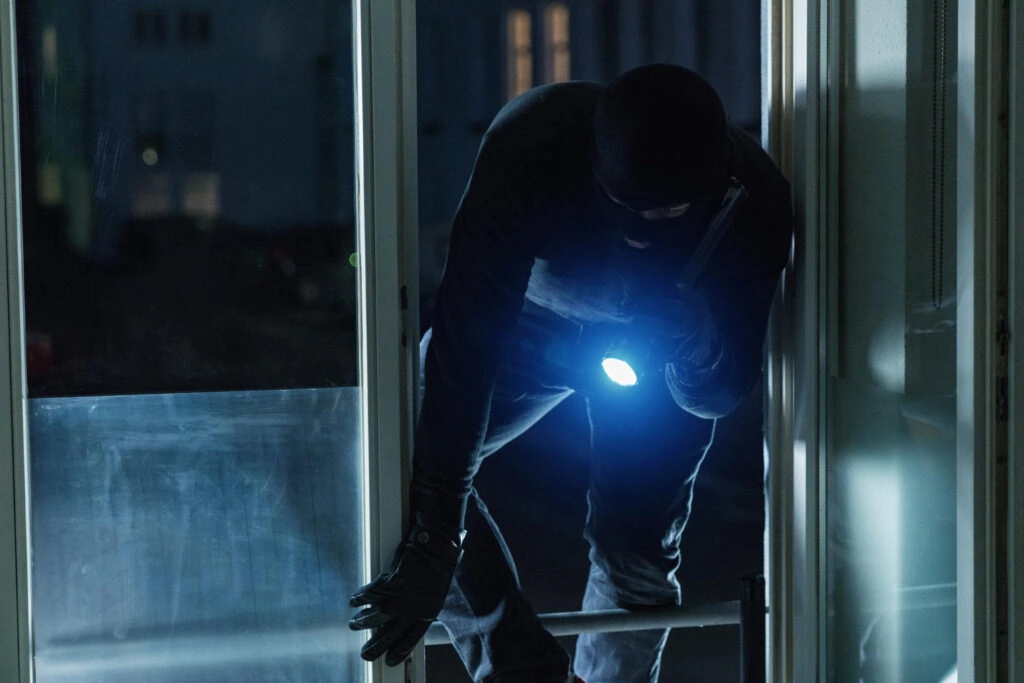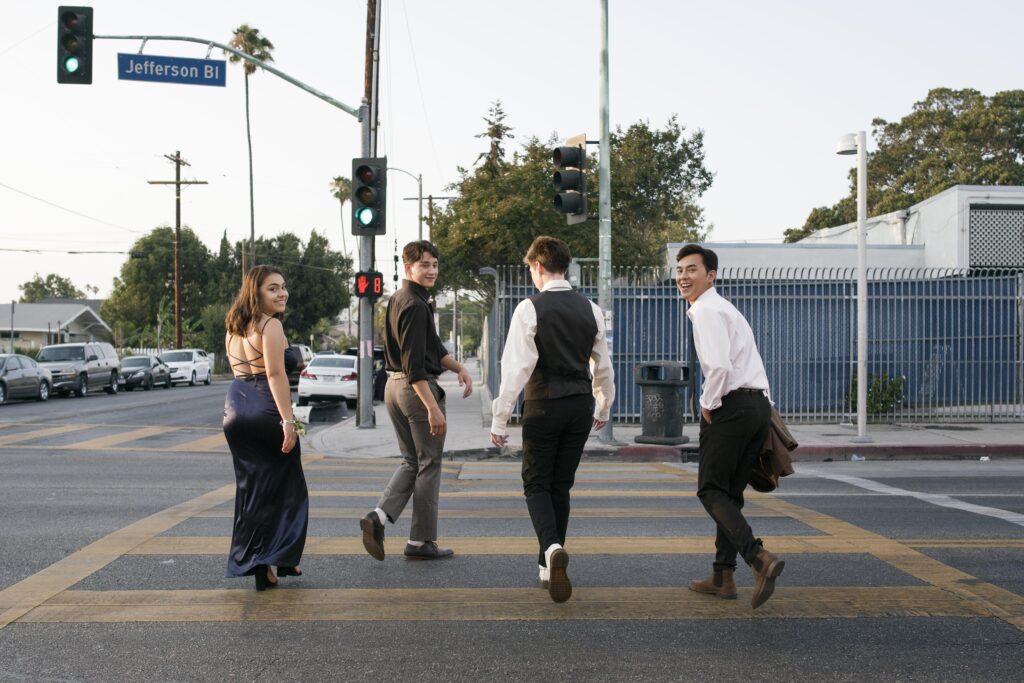It’s late at night, and you’re in bed, sleeping. You wake up upon hearing a creaking sound – specifically the sound of the old bathroom window opening. You had meant to add grease to it that day, but you forgot. You grab your bedside handgun and creep toward the bathroom. You see someone climbing in through the window. You don’t recognize the person’s face, which is illuminated by the moonlight. The person is also wearing a mask. There’s an intruder in the house.
You know that you have the right to protect yourself under the Castle Doctrine, but are unsure if that means you can use your handgun.
This article seeks to explore your rights under, as well as the presumptions and limitations of, the California Castle Doctrine under Penal Code 198.5 PC.
What is California’s Castle Doctrine – PC 198.5?
In our article, California Self-Defense Laws [2024] – Know Your Rights, we briefly discussed California’s Castle Doctrine because the law falls under the category of self-defense.
The law says that a person can defend themselves and their loved ones from an intruder who forcibly and unlawfully enters a person’s home because it is reasonable to believe that the intruder will cause harm to those inside the home. The homeowner is allowed to use force, even deadly force, because of this presumption of harm.
Legal Presumptions on Castle Doctrine
A certain set of circumstances is required for a person to rely on the Castle Doctrine to protect their home. Otherwise, the homeowner can claim self-defense outside of the Castle Doctrine which carries its own legalities.
- There is an intruder attempting to enter or has already entered the home.
- The homeowner reasonably fears that the intruder may harm those in the home.
- The intruder is not related to those in the household.
There is no legal presumption of protection under the Castle Doctrine if the intruder has not attempted to enter the home.
If there is someone walking down the street, the homeowner does not have the right to kill the passerby because the passerby has not intruded. Should the passerby deviate from the path and attempt to enter the home, the homeowner has the right to use deadly force to protect the household, because they have the right to assume a higher level of threat.
Can you use deadly force to protect property in California?
Yes, but only in certain circumstances. Use of reasonable force is allowed to protect one’s property within your home. A person can use deadly force if they believe that you are defending your property against an intruder who seeks to harm the property or a member of your household.
How is the Castle Doctrine different from Stand Your Ground?
In our article, “California Self-Defense Laws [2024] – Know Your Rights”, we defined stand-your-ground laws as the right to defend oneself against an attacker, because “California does not require people to run away, retreat, or hide should they find themself being attacked.”
This is similar to the Castle Doctrine because a homeowner has the right to defend themselves and their household against someone who is intruding on their property. Both allow for a person to protect themselves.
The difference between the Castle Doctrine and Stand Your Ground is that the level of force used is not the same. Under Stand Your Ground, self-defense must be applied in a manner proportional and reasonable to the force applied by the person threatening harm.
For example, if the assailant is holding a broomstick to cause harm, a person cannot use a knife in self-defense.
The Castle Doctrine allows for lethal force to be used regardless of the level of force. However, the Castle Doctrine only applies to one’s residence while Stand Your Ground applies to outside the residence.
What are the limitations and restrictions under the Castle Doctrine?
The Castle Doctrine is not free for all. Under the Castle Doctrine, there are certain restrictions and limitations to protecting one’s home.
- The Castle Doctrine does not apply in a situation where a police officer follows a certain protocol before entering a person’s home legally. The protocol requires that the police officer announces his presence and his intention to enter the home.
- If the intruder leaves the property, the homeowner does not have the right to run after them in order to use force.
- California does not include businesses under the Castle Doctrine.
Have you relied on the Castle Doctrine to protect your home?
As a homeowner, you have the right to defend your home and household. If you believe that you have acted in self-defense under the Castle Doctrine, contact us today. The Law Office of David L. Faulkner can help walk you through the facts of the case so as to better present them in court. Speak with an experienced criminal defense attorney today.










